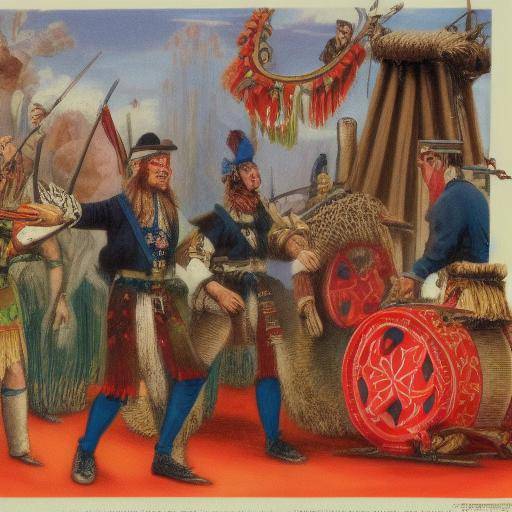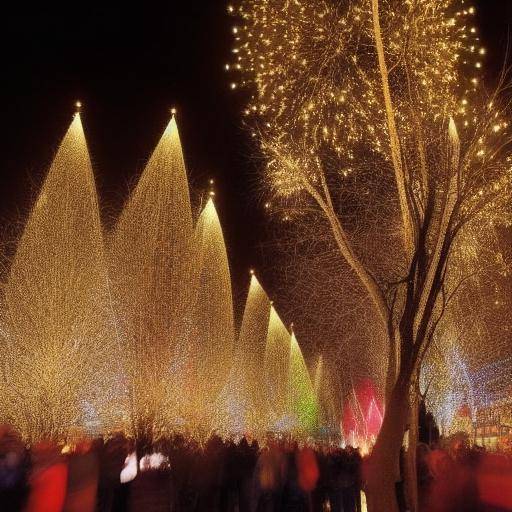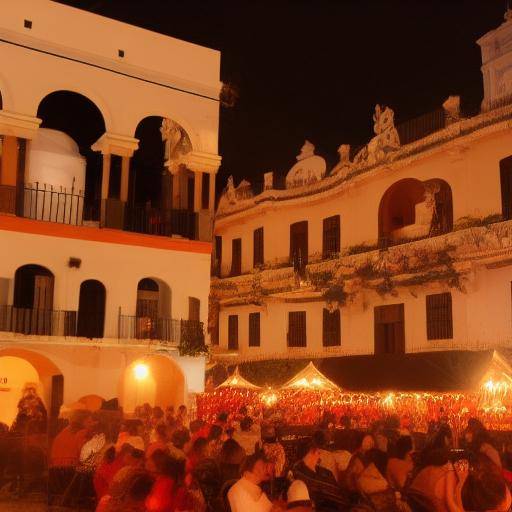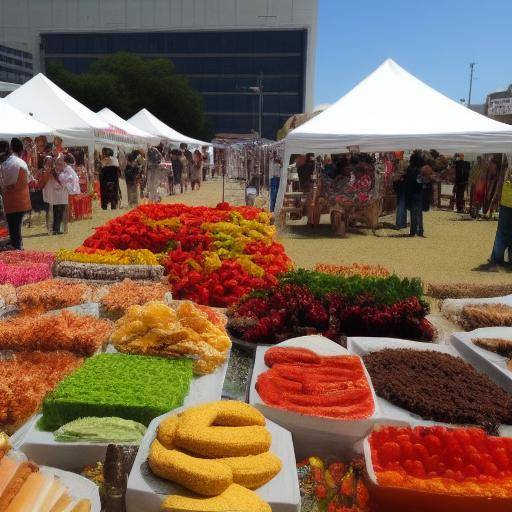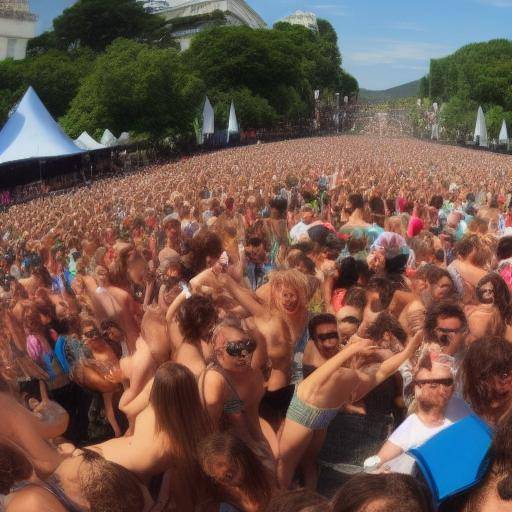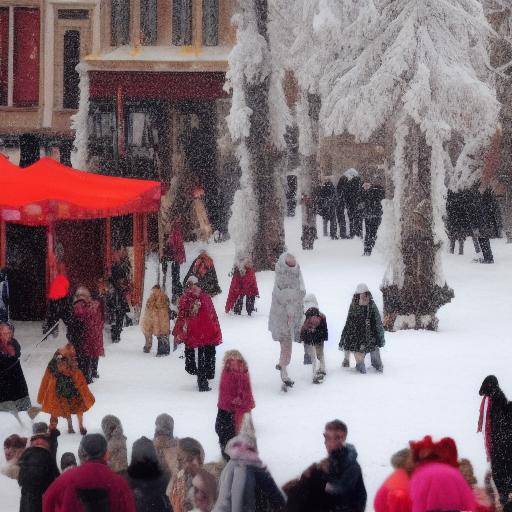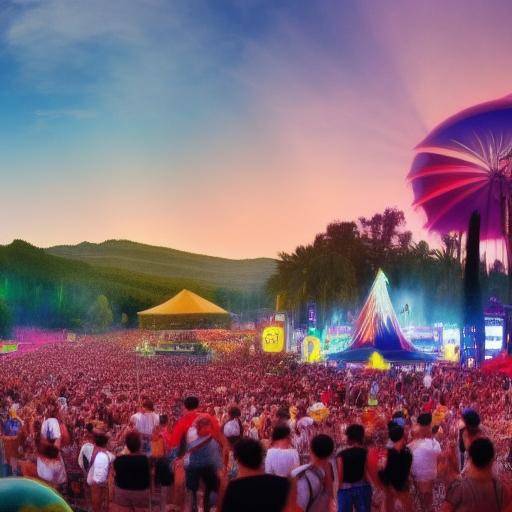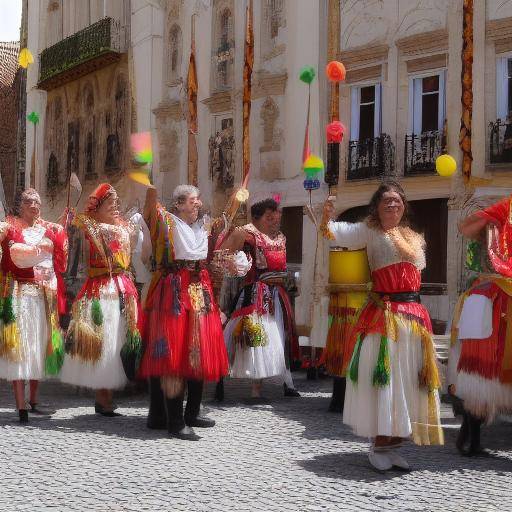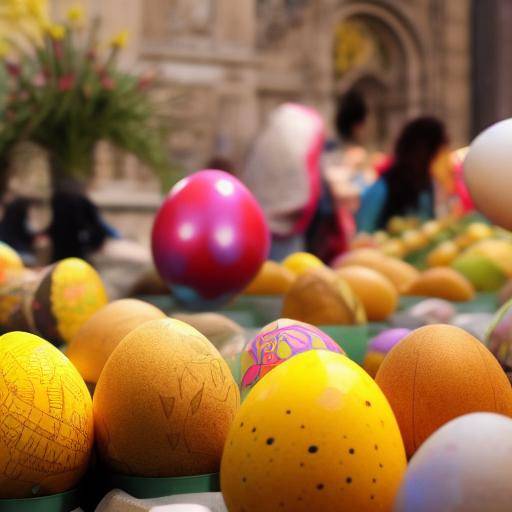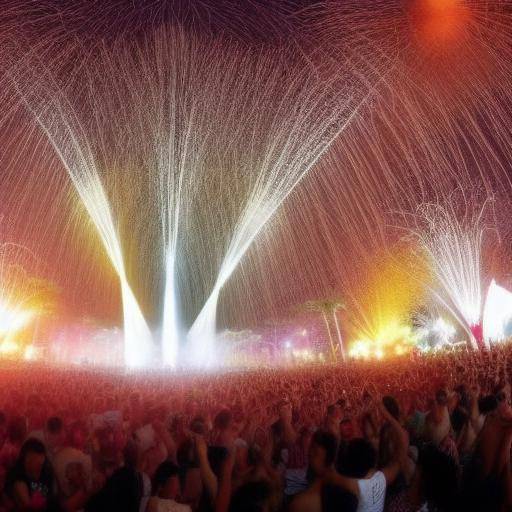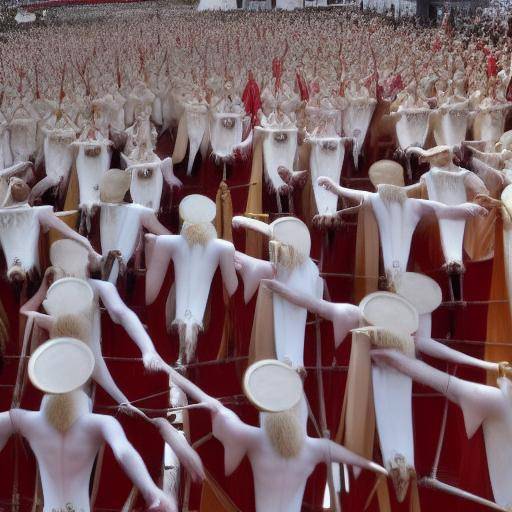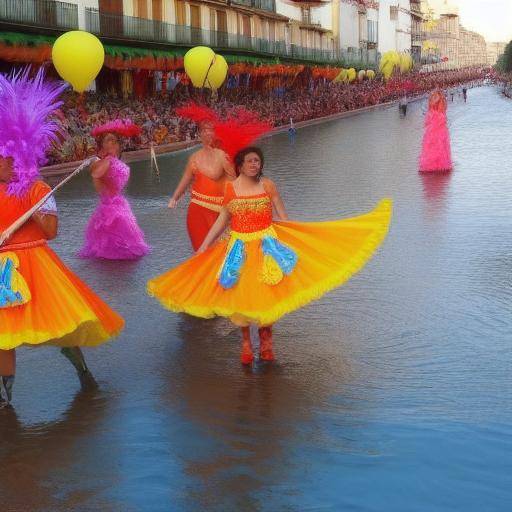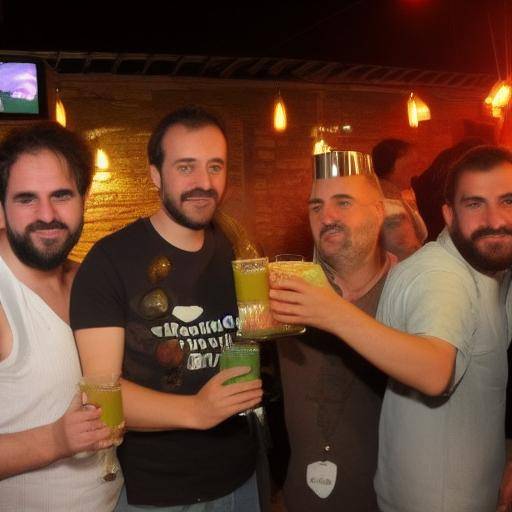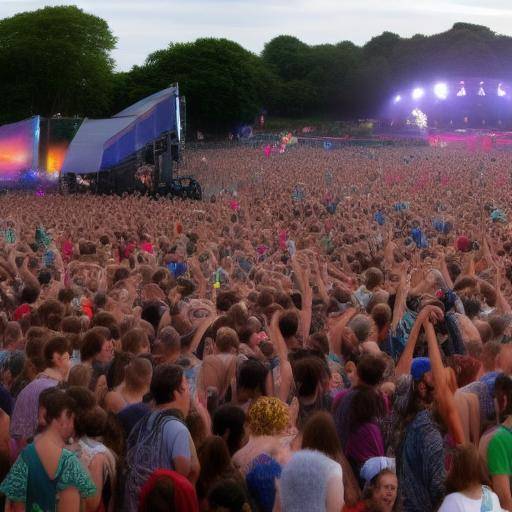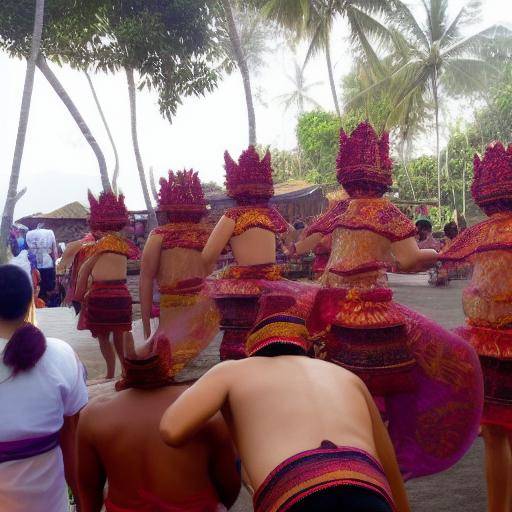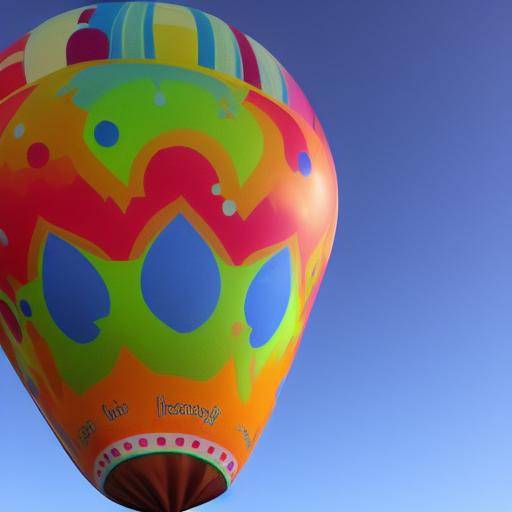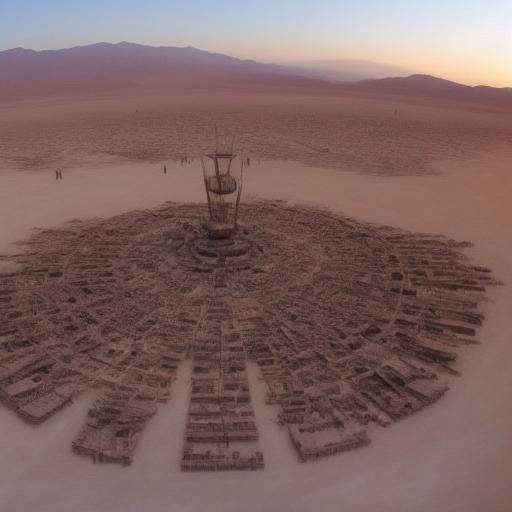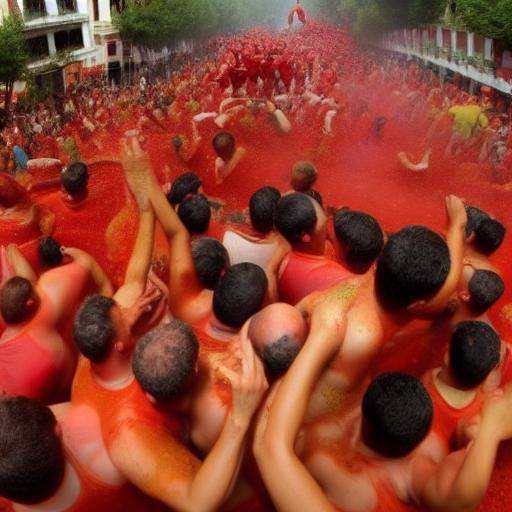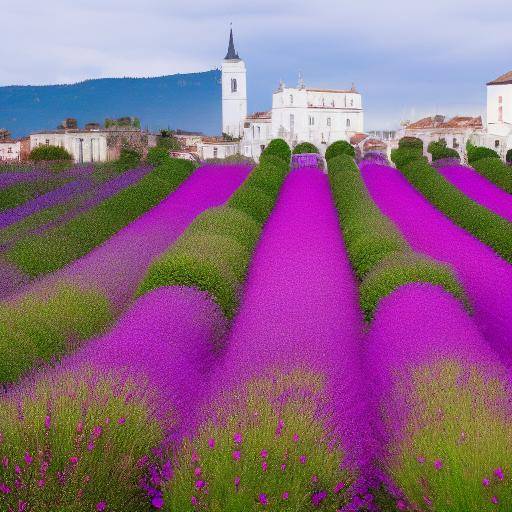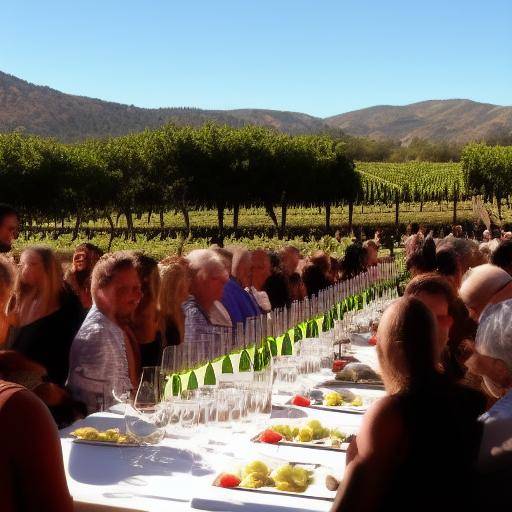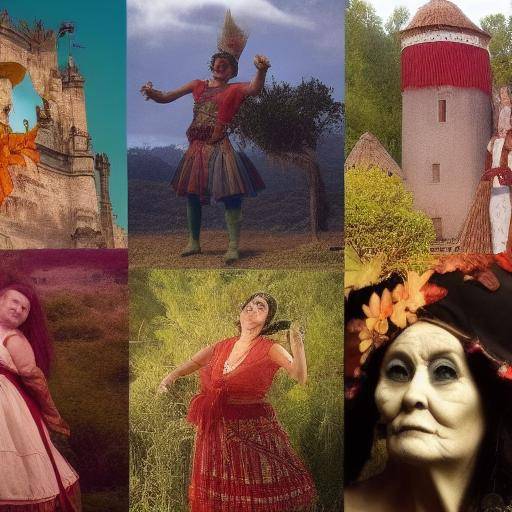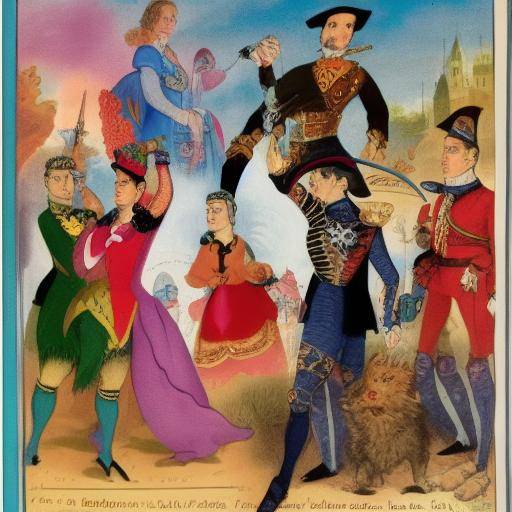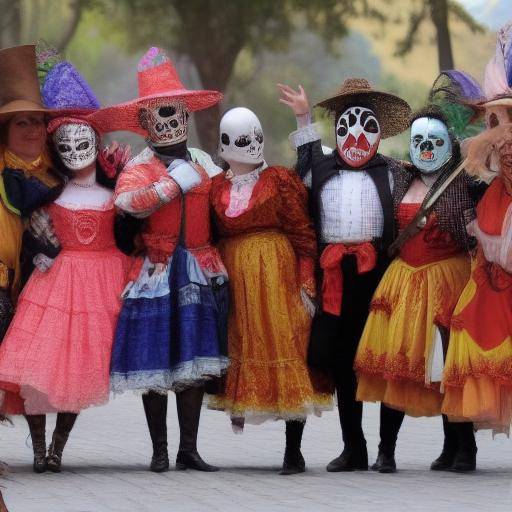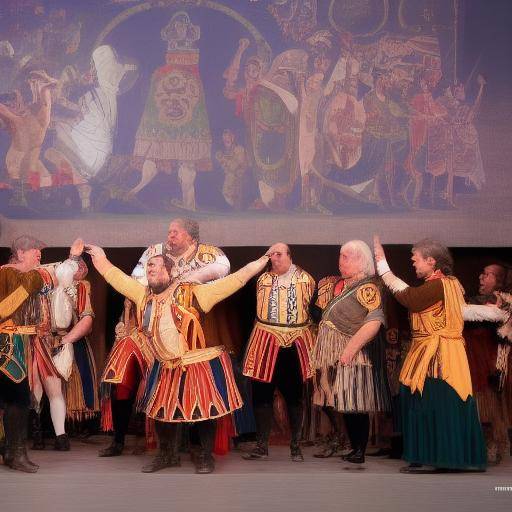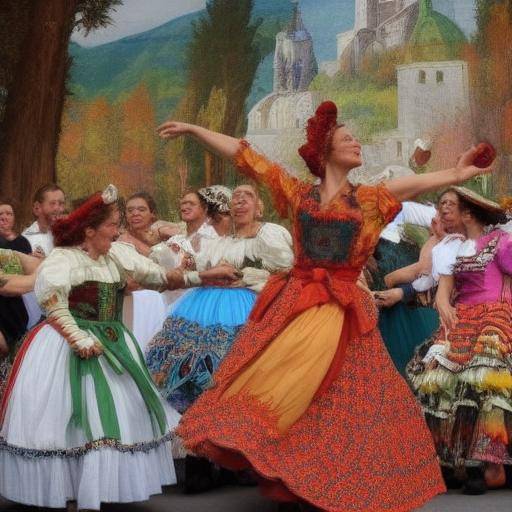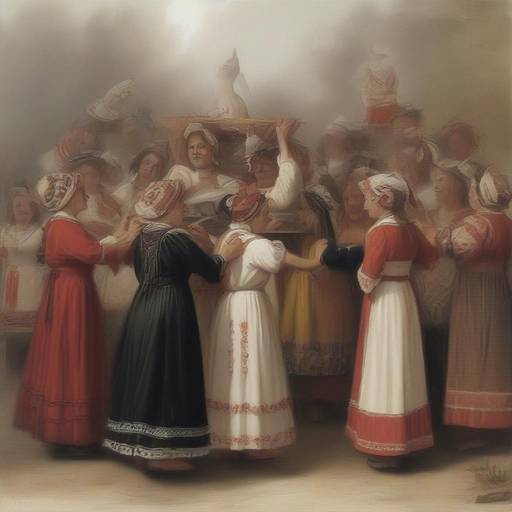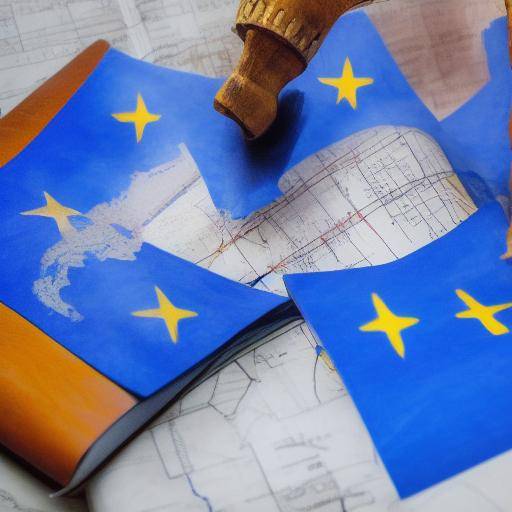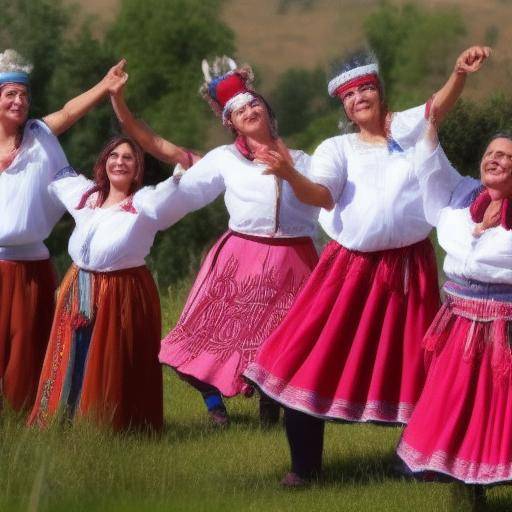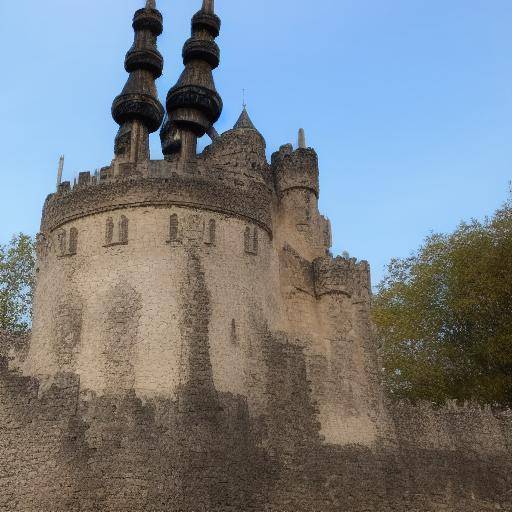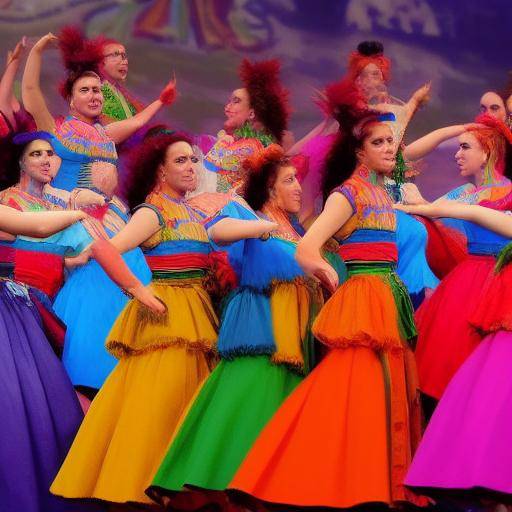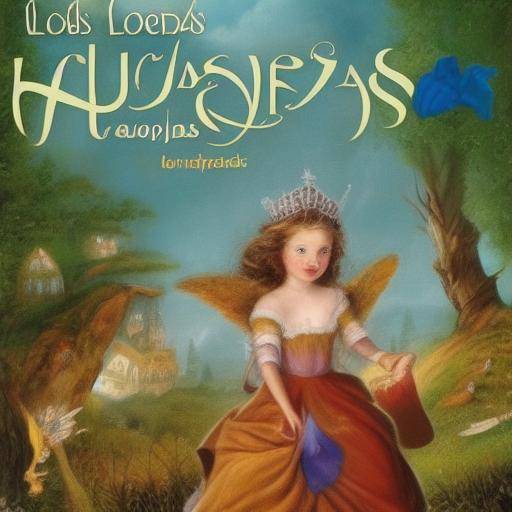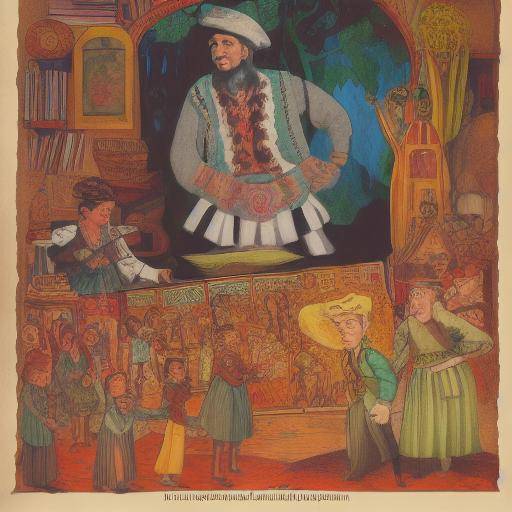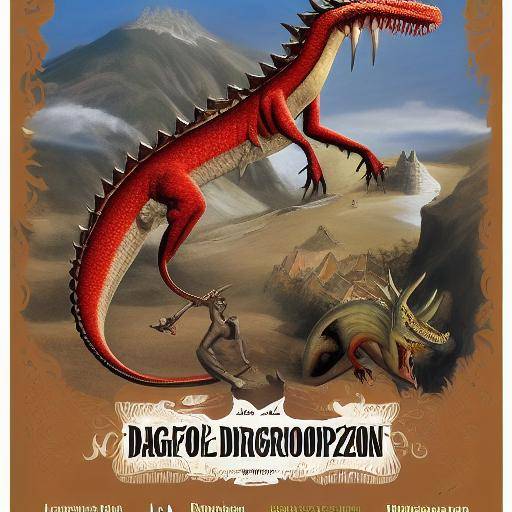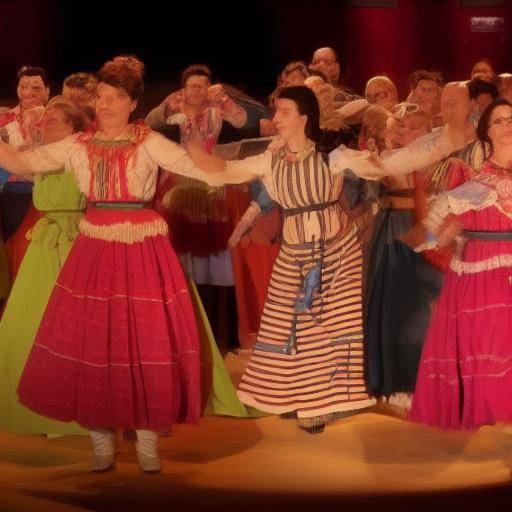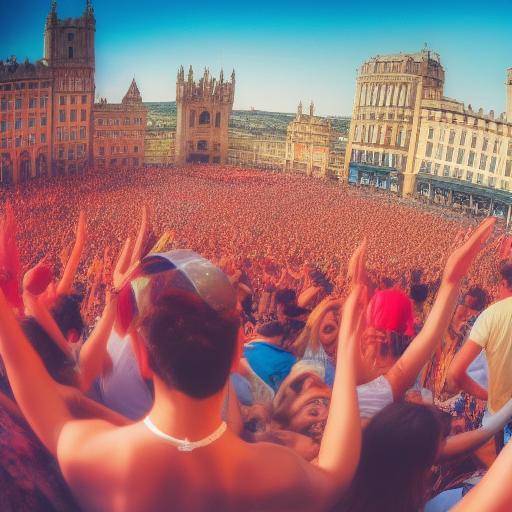
The summer festivals in Europe are much more than simple musical events; they represent a fusion of cultures, a showcase of artistic talent, and a collective experience that brings together people from diverse backgrounds and tastes. From the legendary rock festivals to events that celebrate musical and cultural diversity, the summer in Europe is dressed in music and color. In this article, we will explore the rich heritage of summer festivals in Europe, their connections to music and culture, and how these celebrations have evolved over time. In addition, we will analyze the impressive diversity of festivals that attract avid multitudes of musical vibrations and unforgettable cultural experiences.
Introduction
Summer festivals in Europe have a long history dating back decades. These events not only satisfy the thirst of music lovers, but also offer a platform for cultural expression, creativity and human connection. From the acclaimed rock festivals such as Glastonbury in the UK to electronic music festivals in Ibiza, the diversity of sounds and styles is simply amazing. In this vibrant atmosphere, attendees have the opportunity to explore new forms of expression and immerse themselves in the cultural wealth that each festival has to offer.
History and Background
The origins of the summer festivals in Europe date back to the 1960s, a period of cultural and musical ferment. At that time, the continent was experiencing social and political transformation, and music became the language of a generation that sought to break barriers and challenge established conventions. It is in this context that the iconic Woodstock festivals in the United States and Wight Island in the United Kingdom emerged, marking the beginning of a new era in the history of musical festivals.
Over the years, the summer festivals in Europe became reference points for emerging and consecrated artists, attracting hundreds of thousands of music lovers from around the world. Festivals like Roskilde in Denmark, Sziget in Hungary and Primavera Sound in Spain have been consolidated as destinations for those seeking unique and enriching experiences during the European summer.
Detailed Analysis
The proliferation of summer festivals in Europe has brought a number of benefits and challenges. On the one hand, these events generate a significant economic impact on host communities, promoting tourism and dynamizing the local economy. In addition, they provide a unique platform for emerging artists, who find at the festivals an invaluable opportunity to reach massive audiences and make their work known.
However, the massification of festivals entails logistical, environmental and security challenges. The management of crowds, environmental sustainability and the safety of attendees are critical aspects that organizers must effectively address to ensure the continued success of these events.
Comprehensive review
Exploring cultural diversity is one of the most fascinating aspects of summer festivals in Europe. Each event is a window to the traditions, customs and artistic expressions of different countries and regions. Music becomes the vehicle that unites people from different backgrounds, thus creating an atmosphere of diversity and mutual understanding. Through music and culture, summer festivals in Europe play a crucial role in promoting tolerance and celebrating diversity.
Comparative analysis
While summer festivals share the passion for music and live experience, each has its own distinctive character that reflects the cultural identity of its surroundings. The festivals of North Europe, such as the Flow Festival in Finland, value sound experimentation and innovation, presenting an eclectic mix of musical genres and artistic manifestations. On the other hand, festivals in Mediterranean countries, such as the International Festival of Benicàssim in Spain, stand out for their focus on the fusion of music, art and lifestyle, attracting a cosmopolitan audience in search of an integral experience.
The musical and cultural diversity of Europe is reflected in the multiplicity of festivals ranging from classical music to electronic music, through jazz, folk, indie and other genres. This variety ensures that there is a festival to satisfy the most diverse tastes, while promoting the exchange and appreciation of different artistic and cultural expressions.
Practical Tips and Accessible Advice
If you are planning to attend one of the summer festivals in Europe, here are some practical tips to make the most of your experience:
- Investigate the festival: Know the programming, the scenarios and the additional activities that the festival offers. This will help you plan your itinerary and not miss your favorite artists.
- Prepare your luggage: Consider factors such as the weather, the duration of the festival and the regulations of the place to pack intelligently. Remember to include essential items such as sunscreen, comfortable clothing and proper footwear.
- Follow the safety signs: Always keep in mind the safety measures and the rules of the festival to enjoy a safe and pleasant experience.
- Explore local cuisine: Summer festivals often offer a variety of dining options that reflect the culinary diversity of the region. Take the opportunity to try local dishes and discover new flavors.
Industry Visions and Expert Reviews
For a broader perspective on the impact and future of summer festivals in Europe, we consult industry experts. María García, marketing director of one of the most renowned festivals in Spain, highlights the importance of sustainability in organizing these events. "We are committed to implementing sustainable practices that reduce the environmental impact of the festival and promote ecological awareness among the attendees," says García. These initiatives reflect the gradual shift towards a more conscious and responsible approach in organizing summer festivals in Europe.
Case Studies and Real Life Applications
A notable example of the fusion of music and culture in a context of summer festival is the Lorient Interceptual Festival in France. This festival, which celebrates the Celtic heritage through concerts, dances, exhibitions and participative activities, embodies the essence of cultural diversity and the vitality of tradition. The local community is actively involved in organizing the festival, thus promoting intercultural collaboration and knowledge sharing.
Future Trends and Predictions
As the preferences of the public and the demands of the environment evolve, the summer festivals in Europe are expected to continue to adapt and diversify. The integration of innovative technologies, the focus on sustainability and the emphasis on cultural diversity are trends that are visible on the horizon. In addition, festivals could expand their programs to include a wider range of cultural activities, offering attendees rich and multifaceted experiences.
Conclusion
In short, the summer festivals in Europe represent a melting pot of music, culture and diversity that attracts a global audience to explore new artistic expressions and enjoy enriching experiences. The historical legacy, variety and innovative spirit of these festivals make them catalysts of cultural convergence on the continent. At the same time, the evolution of these events reflects the resilience and adaptation of the entertainment industry in a changing world.
Frequently asked questions
1. What are some of the most outstanding summer festivals in Europe?
Europe hosts a wide range of summer festivals, from iconic such as Glastonbury in the UK and Roskilde in Denmark to the most eclectic such as Sziget in Hungary and Primavera Sound in Spain. Each festival has its own unique appeal and offers a differentiated experience for attendees.
2. How can I get tickets for summer festivals in Europe?
Most of the summer festivals in Europe sell their tickets through their official websites. It is advisable to be attentive to the opening of ticket sales and to make the purchase in advance, as many festivals tend to exhaust their tickets quickly.
3. What is the economic impact of summer festivals in Europe?
Summer festivals represent a significant economic impact for the cities and regions in which they are celebrated. In addition to promoting tourism, these events generate employment, encourage local trade and promote economic activity in various sectors.
4. What security measures are implemented at the summer festivals in Europe?
The organizers of the summer festivals in Europe prioritize the safety of the attendees, implementing measures that include access controls, medical care, police presence and awareness campaigns to promote a safe and respectful environment.
5. What emerging trends are observed at the summer festival scene in Europe?
Trends such as sustainability, the diversification of cultural supply, the inclusion of innovative technologies and the creation of multifaceted experiences are gaining ground at the scene of summer festivals in Europe, reflecting the continued evolution of the sector.
6. What impact do summer festivals have on promoting cultural diversity in Europe?
Summer festivals play a key role in promoting and celebrating cultural diversity in Europe. These events bring together people from different backgrounds and cultures in an environment of mutual respect, thus promoting intercultural understanding and appreciation of the wealth of human diversity.
Concluding, the summer festivals in Europe are built as cultural and economic pillars that not only offer an exciting escape for music lovers, but also play a crucial role in cultural exchange and the promotion of diversity. Thus, these emblematic events continue to write their story on the vibrant canvas of the European cultural scene, promising unique and memorable experiences for generations to come.

